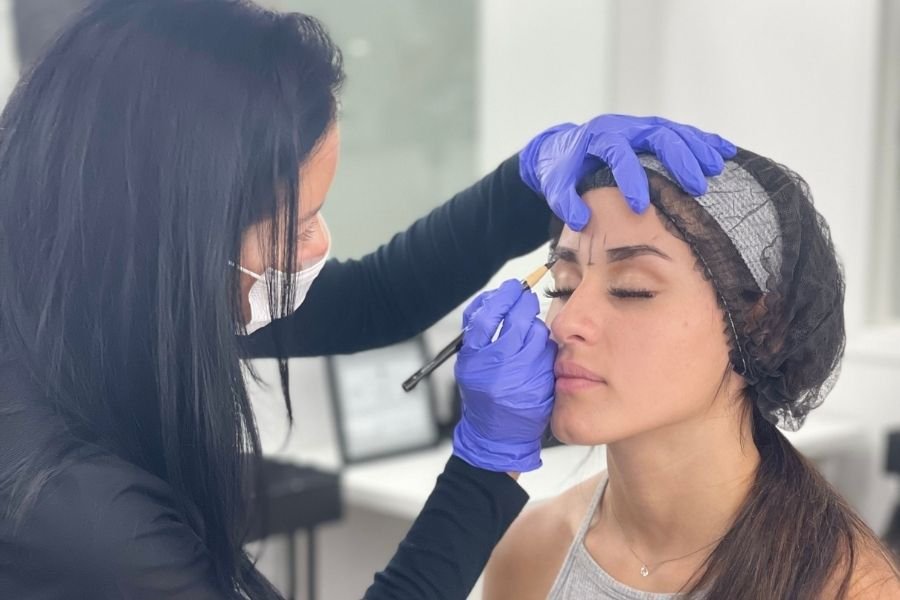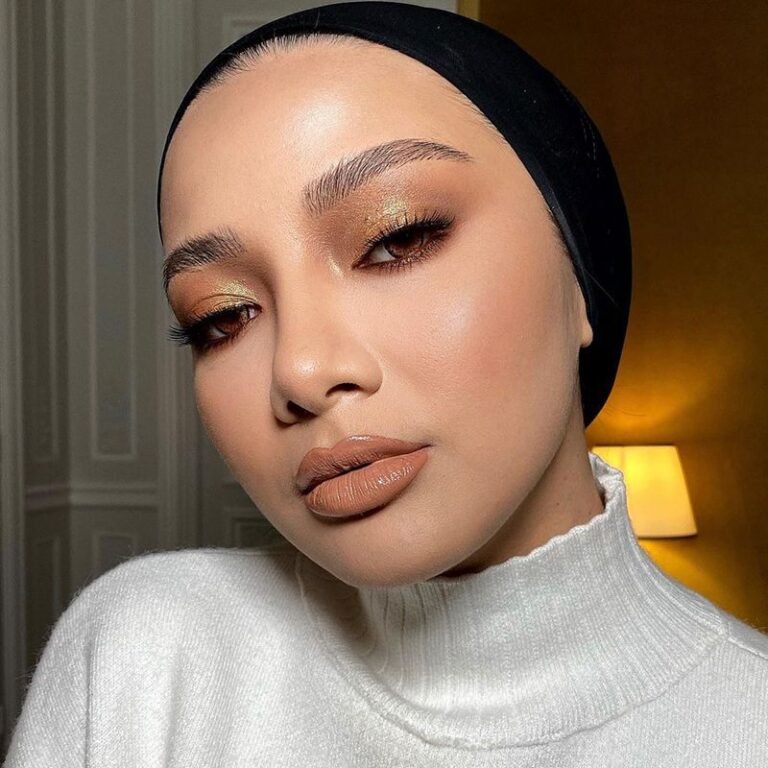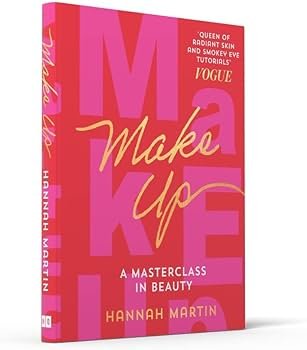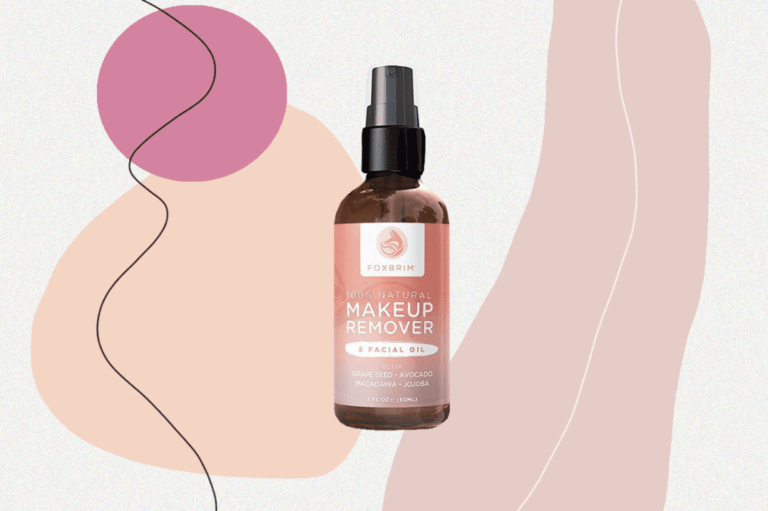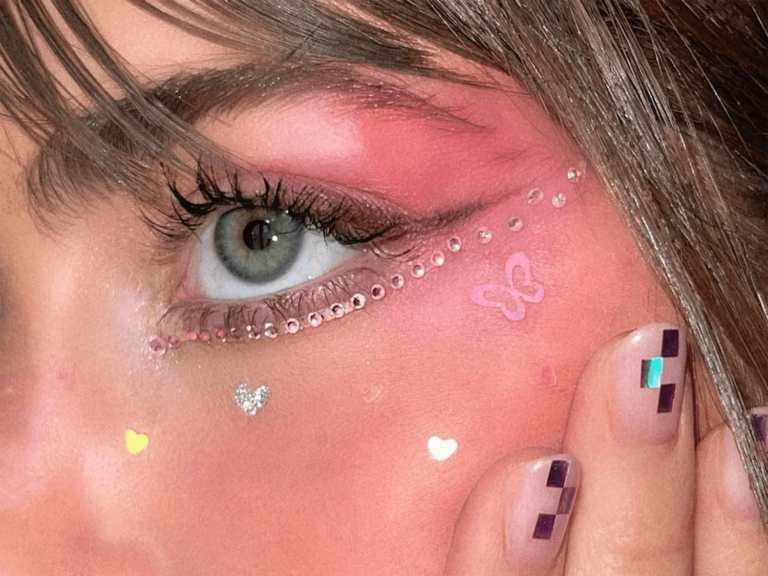How to Become a Permanent Makeup Artist
To become a permanent makeup artist, enroll in a certified training program and obtain licensure in your region. Next, gain practical experience and keep up with industry regulations and trends.
Embarking on a career as a permanent makeup artist combines the precision of a beautician with the artistry of a tattoo artist, leading to a path where transformation and beauty converge. Aspiring artists must dedicate themselves to mastering techniques such as microblading, lip blushing, and eyeliner tattooing.
Core training typically involves understanding skin anatomy, color theory, sterilization protocols, and client consultation processes. A robust portfolio showcasing a range of styles and techniques will also be essential in attracting clients. Networking with experienced professionals and updating skills through continuous education are crucial for longevity in the ever-evolving permanent cosmetics field. Success in this niche of beauty industry hinges not just on technical prowess but also on adherence to safety standards and exceptional customer service.
Introduction To Permanent Makeup Artistry
Permanent makeup artistry merges beauty with tattoo skills. This niche blends creativity with intricate techniques to enhance facial features. As the cosmetic tattooing trend grows, more individuals seek trained artists.
Embracing a career in permanent cosmetics opens various pathways. You could specialize in eyebrows, lips, or eyeliner. Some artists focus on scar camouflage or reconstructive tattooing. These options serve different client needs, making the field diverse and dynamic.
Every path requires dedication and practice. A solid understanding of color theory, skin anatomy, and tool sterilization is crucial. Artists must complete professional training and obtain certification. To excel, one should also develop strong customer service skills.
Required Skills For A Permanent Makeup Artist
Artistic talent and steady hands are key for permanent makeup artists. These skills ensure precise work with tools. A steady hand prevents mistakes during delicate procedures. Artistic ability helps in creating natural-looking results.
Attention to detail is critical for a flawless finish in permanent makeup. Color theory knowledge is essential to select the right pigments. This knowledge helps match client skin tones accurately.
Excellent communication facilitates understanding client needs. Top-notch customer service ensures satisfaction and builds trust. Clear interactions lead to personalized, successful outcomes.
Education And Training Programs
Permanent makeup artists need specialized training. Focus on programs that offer comprehensive education on techniques and safety protocols. Ensure the chosen school or academy is reputable and provides recognized certifications. A good program blends theory with extensive hands-on practice, allowing students to work on actual clients under supervision.
Weigh the pros and cons of online and in-person training. In-person classes offer immediate feedback and real-world experience. Online courses might be flexible but lack the direct practice crucial for skill mastery. Always seek out programs that provide ample practice opportunities to refine your artistry.

Credit: www.premierpigments.com
Certification And Licensing
Becoming a permanent makeup artist requires knowledge of local regulations. Different regions have their own rules. Prospective artists must research these carefully. Certification often involves specialized training programs. These programs teach important skills and techniques.
Accredited institutions provide these programs. They ensure artists meet industry standards. After training, candidates must pass exams. Exams prove their proficiency.
Artists must also acquire licenses to practice legally. Requirements for licensing can vary. They often include passing a state board examination. Some regions may ask for proof of apprenticeship hours.
Keeping a license requires continuing education. Artists take additional classes to stay updated. This education covers new methods and health guidelines. It’s crucial for maintaining high service quality.
Building A Portfolio
A strong portfolio serves as a makeup artist’s foundation. It showcases skills, creativity, and experience. To stand out, include diverse works highlighting versatility and specializations. Examples comprise before and after photos, varied styles, and techniques. Consistent updates with new works prove ongoing development.
Utilize social media to reach a wider audience. Platforms like Instagram and Facebook are visual galleries for work. Great posts can attract clients and build a following. Always seek clients’ permission before posting their images online.
| Platform | Purpose | Tips |
|---|---|---|
| Visual showcase | Use hashtags, post regularly | |
| Client engagement | Share stories, before & after images |
Practical Experience And Apprenticeships
Gaining practical experience is key for aspiring permanent makeup artists. It’s essential to find a mentor who is seasoned in the industry. This person can offer invaluable guidance and insights. Seek someone whose work you admire. Ask them to let you observe their techniques. Shadowing a professional helps to grasp the intricacies of the craft.
Apprenticeship opportunities serve as a bridge to becoming skilled. Through an apprenticeship, hands-on learning is prioritized. You get to practice under supervision and receive feedback. This gradual progression builds confidence. Over time, you’ll move from apprenticeship to independent practice. This shift marks your growth from learner to professional. Dedication to learning will pave the way for success.
Starting Your Own Business
Embarking on a permanent makeup artist career necessitates a meticulous business plan. Your plan should include a clear description of your services, target market analysis, and financial projections. Crafting a detailed plan is crucial for securing funding and guiding your business’s growth.
Initially, assemble a comprehensive list of necessary equipment and supplies. This list might include items like needles, pigments, and anesthesia, among others. It is imperative to invest in high-quality tools to ensure customer satisfaction and repeat business.
Focusing on client acquisition and retention is paramount. Use social media, referrals, and promotions to attract new clients. Provide exceptional service to maintain a loyal customer base. Remember to ask for reviews and testimonials to build credibility.
Navigating insurance and legalities is vital for safeguarding your business. It involves obtaining the appropriate licenses and purchasing liability insurance. Stay informed about industry regulations to ensure your business operates within legal bounds.

Credit: www.premierpigments.com
Marketing Strategies For Permanent Makeup Artists
Establishing a robust online presence is crucial for permanent makeup artists. Start by creating a professional website to showcase your work. Engage with clients through social media platforms like Instagram and Facebook, where visual portfolios can significantly attract new clientele. Post high-quality images of your work, and don’t forget to use relevant hashtags to increase visibility.
Networking is key for growing your client base. Connect with local salons, beauty professionals, and existing clients. Offer them referral incentives to encourage them to spread the word about your services. Positive word-of-mouth will build trust in your brand.
Lastly, get involved in trade shows and beauty events. These venues provide opportunities to demonstrate your skills, learn new techniques, and meet both potential clients and industry professionals. Hand out business cards or samples, and engage in conversations about the permanent makeup field.
Staying Up-to-date With Industry Trends
Perpetual growth and skill refinement are vital in the permanent makeup field. Practitioners must pursue ongoing education to excel. Trends evolve swiftly, calling for regular training updates.
Industry advancements such as microblading and nano-strokes emerge often. Artists should embrace new techniques to maintain relevance. Conferences and workshops offer golden opportunities for learning.
They are locales for networking with peers and learning from experts. By engaging frequently, artists ensure they stay ahead in their craft.
Challenges And Rewards Of The Profession
Entering the permanent makeup industry comes with its unique set of challenges. Competing with established artists requires a strong skill set, creativity, and a solid marketing strategy. Success depends on your ability to stand out in a crowded market. Developing a personal brand and a distinct style can be crucial.
The rewards of this profession, however, are many. Building close bonds with clients can lead to job satisfaction. Seeing your work enhance someone’s confidence provides a sense of accomplishment. As a permanent makeup artist, you transform lives, which can be very fulfilling. This aspect of the career often fuels passion despite the industry’s competitive nature.
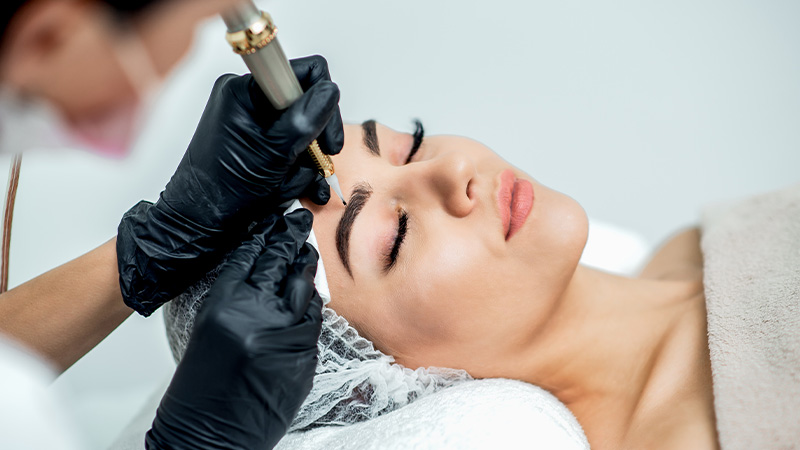
Credit: lead-academy.org
Frequently Asked Questions For How To Become A Permanent Makeup Artist
How Do I Start A Career In Permanent Makeup?
Begin by researching permanent makeup techniques and training. Enroll in a reputable certification program and acquire hands-on experience. Obtain required licenses. Network with industry professionals and build a portfolio. Market your skills to potential clients or employers.
Is Permanent Makeup A Good Career?
Permanent makeup can be a rewarding career, combining artistic skill with the potential for stable income and client satisfaction. Continual learning and certification may enhance professional opportunities in this growing beauty industry.
What Is Required To Do Permanent Makeup In Texas?
To perform permanent makeup in Texas, one must obtain proper licensing from the Texas Department of State Health Services, complete an approved training program, comply with state health and safety regulations, and maintain the necessary insurance.
How Lucrative Is Permanent Makeup?
Permanent makeup can be a profitable venture. Professionals often enjoy a high earning potential due to growing demand and repeat clientele for touch-ups.
Conclusion
Embarking on a career as a permanent makeup artist opens a door to artistic expression and financial freedom. To succeed, commitment to training and client satisfaction is key. Start your journey with passion and perseverance, building a portfolio that showcases your skills.
Remember, each stroke of the needle not only enhances beauty but also boosts confidence. So seize your kit, refine your technique, and make your mark in the beauty industry!


